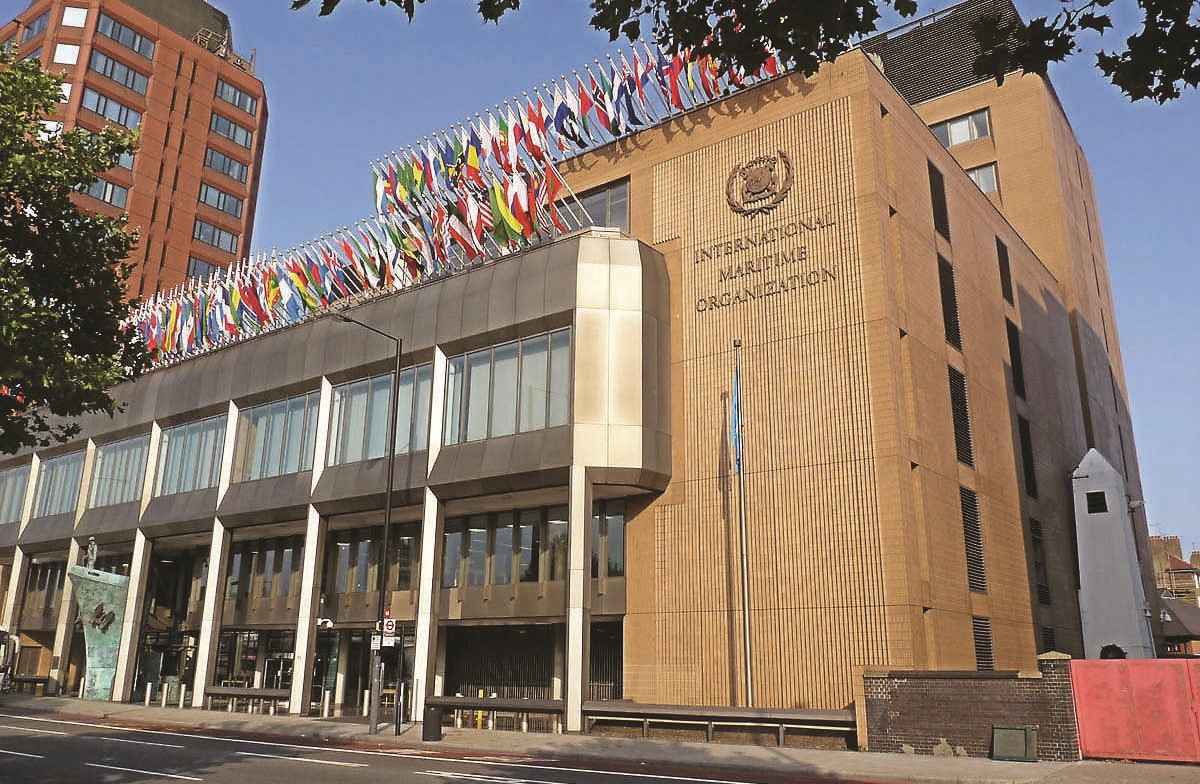MEPC 83: What’s at stake if consensus fails?
The IMO risks global fallout if consensus isn’t reached at MEPC 83 on its technical and economic mid-term measures.
 PHOTO: IMO headquarters in London. Getty Images
PHOTO: IMO headquarters in London. Getty Images
The IMO's Marine Environment Protection Committee convenes next week (MEPC 83), and the stakes couldn’t be higher. The regulator is under intense pressure to finalise measures that will drive shipping toward its net-zero emissions framework and interim targets.
The majority of ratifying countries support a Global Fuel Standard (GFS) as a proposed technical measure, and a universal GHG levy as the economic one. The problem lies in everything in between.
Without an agreement, the fallout could be significant.
“The biggest debates will be centred around mid-term measures,” said Philippos Philis, chief executive of bulk shipping firm Lemissoler Group, in a podcast hosted by classification society ABS.
If no deal is reached, Philis warns the IMO would be under pressure to adopt the GFS alone while delaying the levy - undermining both the impact and credibility of the measures.
UCL Energy Institute’s Shipping and Oceans Research Group explains that opting for a GFS without a levy would lead to the creation of an International Maritime Sustainable Fuels and Fund (IMSF&F), with “multiple bands for Global Fuel Standard/Residual Units.”
This would slash the IMO’s revenue potential by up to 75% compared to even the lowest levy scenario and could encourage reliance on LNG and unsustainable biofuels – “leaving the sector with no option but to pay to pollute,” UCL warns.
Maersk has echoed those concerns, warning that the current GFS draft “heavily” favours LNG, risking a disconnect between reported and actual emissions.
Opportunity Green’s chief executive, Aoife O’Leary, also raised the alarm. The current GFS text could “greenlight non-solutions like LNG and biofuels,” she told ENGINE, calling it a “serious misstep” that risks rewarding short-term compliance over real decarbonisation.
“Member States can either seize this unique opportunity for coordinated climate ambition by setting course directly for 2050 or take these unsustainable detours that fail industry first movers and will only create more policy gaps to fill in future,” O’Leary added.
Philis warns that without policy consensus, the industry risks further delays and confusion in its green fuel transition. O’Leary agrees, noting that failure to set the right course now could lock the industry into polluting fuel pathways for years to come.
By Konica Bhatt
Please get in touch with comments or additional info to news@engine.online





